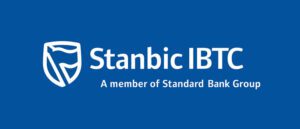


Naira remains stable against Dollar at official forex market
By Opeyemi Abdulsalam
The Nigerian currency, Naira, maintained its stability against the United States dollar at the official foreign exchange market on Wednesday, trading at N1,507.83 per dollar.
According to data from FMDQ, this represents a marginal change of N0.04 from the previous day’s rate of N1,507.79 per dollar.
At the parallel market, the naira also maintained its exchange rate of N1,505 per dollar, unchanged from the previous day.
Bureau de Change operators in the Wuse Zone 4 area of Abuja confirmed the rates, with one operator, Dayyabu Ashiru, stating that they sell at N1,505 per dollar and buy at N1,495.
“We sell at N1,505 per dollar and buy at N1,495,” Dayyabu Ashiru, a Bureau de Change operator in Wuse Zone 4 told a source on Wednesday.
The stability of the naira comes on the heels of recent reforms implemented by the Central Bank of Nigeria (CBN), which have attracted a significant inflow of $24 billion into the country in the first quarter of 2024, according to the CBN Governor’s recent interview with Bloomberg Television.
In a related development, the CBN on Tuesday issued a fresh directive permitting International Money Transfer Operators and all banks to pay diaspora remittances in naira.



